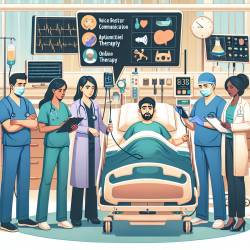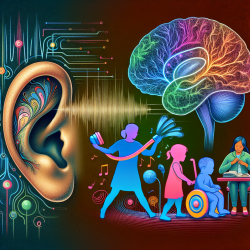Understanding Moral Orientation and Its Impact on Moral Distress in Critical Care
In the challenging environment of critical care, healthcare professionals frequently face morally complex situations. The study titled Moral Orientation, Moral Decision-Making, and Moral Distress Among Critical Care Physicians: A Qualitative Study provides valuable insights into how moral orientation affects moral distress among critical care physicians. Understanding these dynamics can enhance practitioners' skills and improve their professional well-being.
The Concept of Moral Orientation
Moral orientation refers to the framework or approach individuals use when making moral decisions. The study identifies four types of moral orientations among critical care physicians:
- Virtuous Orientation: Characterized by strong personal beliefs and the perceived ability to act according to one's values.
- Resigned Orientation: Involves strong beliefs but a perceived lack of power to act, leading to avoidance of negative consequences.
- Deferring Orientation: Based on openness to others' moral views and decisions made according to patients' or families' beliefs.
- Empathic Orientation: Involves negotiation and consensus-building among all parties involved in morally challenging situations.
Impact on Moral Distress
The study highlights how different moral orientations influence levels of moral distress. For instance, a virtuous orientation may shield individuals from distress, while a resigned orientation often results in higher distress levels. Understanding these orientations can help practitioners identify their own approaches and adapt to reduce distress.
Interpersonal Dynamics and Team Support
Diversity in moral orientations within a care team can lead to interpersonal conflicts, affecting the level of social support and collaboration among colleagues. The study suggests that environments with homogeneous moral orientations foster better support and reduce negative judgments, enhancing team dynamics.
Practical Implications for Practitioners
Practitioners can benefit from this research by:
- Reflecting on their own moral orientation and its impact on their professional experiences.
- Engaging in interdisciplinary educational strategies to increase awareness of different moral orientations.
- Participating in institutional structures that facilitate discussions on morally challenging cases.
These strategies can help practitioners manage moral distress more effectively and improve their overall well-being.
To read the original research paper, please follow this link: Moral Orientation, Moral Decision-Making, and Moral Distress Among Critical Care Physicians: A Qualitative Study.










